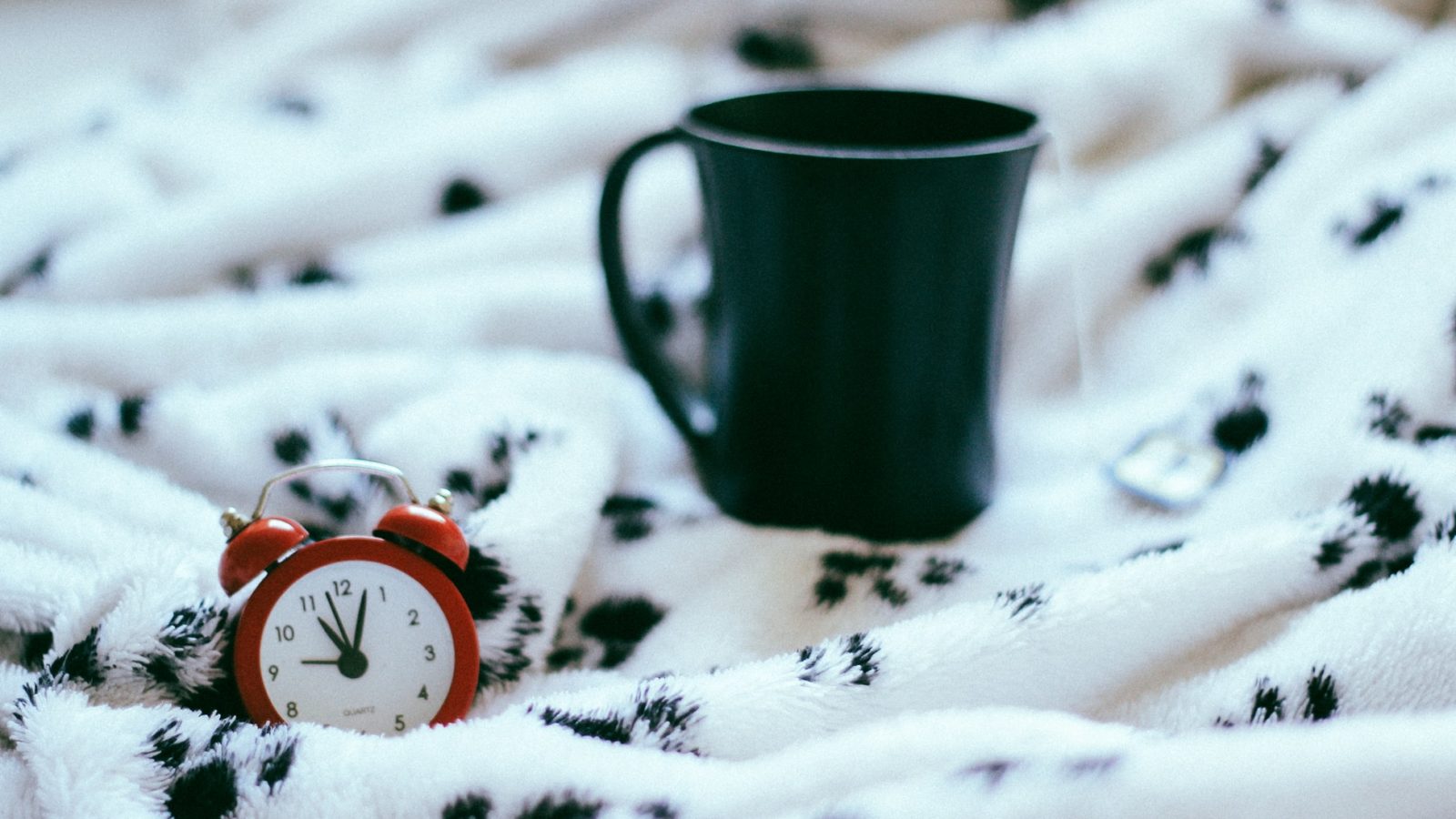If you’re starting to feel a bit more sluggish at this time of year, you’re not alone. Research suggests that feelings of sluggishness, and even depression, can peak during the chillier months of the year. “The reality is that shorter days and colder weather can significantly impact our overall well-being,” Goali Bocci, Ph.D., a clinical psychologist and adjust psychology professor at Pepperdine University’s graduate school, tells Thrive. But Bocci says your spirits don’t have to drop simply because the temperature did. In fact, by taking on a few small everyday habits, it’s entirely possible to feel great all year. Here, a few ideas to get you started:
Stay active
Let’s face it: Even the most devoted exerciser can lose motivation when the days get colder and grayer. But when you put away your exercise shoes, you also lose out on the mental health perks. Regular exercise is a known mood-booster, so it’s important to look for fall and winter alternatives to your warm-weather workouts, says Bocci. Whether that’s yoga, pilates, weight training, spinning, or something else, the key thing is to make working out consistent. And unless it’s the dead of winter, don’t underestimate the power of throwing on some extra layers and going for a power walk: Research suggests that walking fast for about a half hour five times a week (or 60 minutes a day three times a week) may help improve some people’s symptoms of mild to moderate depression.
Fuel your body for energy
Tucking into something sweet or decadent may seem like a surefire way to feel good, but it can easily backfire. Studies show we tend to crave comfort foods when the weather gets colder, yet Bocci points out that these eats may ultimately lead to a dip — instead of a boost — in our mood. For one, they may cause “instant crashes and cranky moods,” she explains. Excess sugar is the ultimate culprit, as it causes blood sugar to spike, and then drop too quickly (leading your energy to plummet at the same time). If you’re craving carbs, go for the whole grain kind, as well as digging into plenty of fruits and veggies.
Rethink “happy hour”
On the one hand, social support is essential for feeling less anxious, stressed, or isolated — so cancelling all plans until spring isn’t a good idea. Even when it’s cold out, “make the effort to stay connected in person,” says Bocci. But if your go-to way of bonding is popping open a bottle of wine with your partner after work or going to happy hour with friends, moderation is key. Having too much to drink has been shown to interrupt REM sleep, according to research, which is a set-up for feeling sluggish and cranky the next day. Cranberry sparkler mocktail, anyone?


